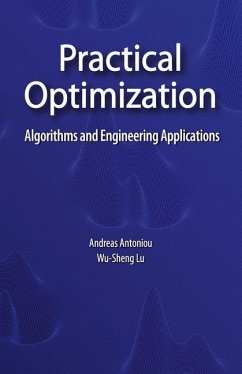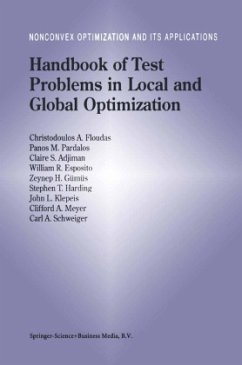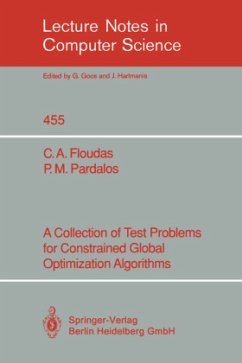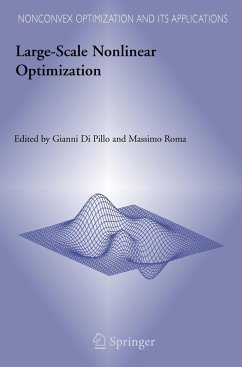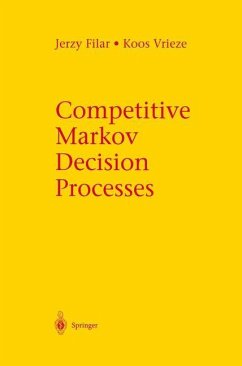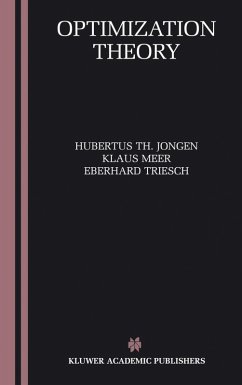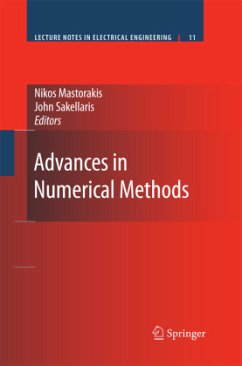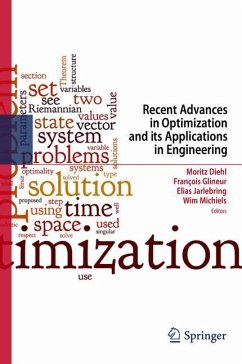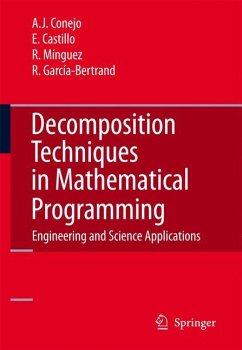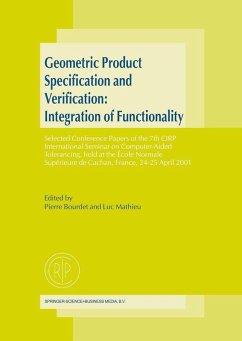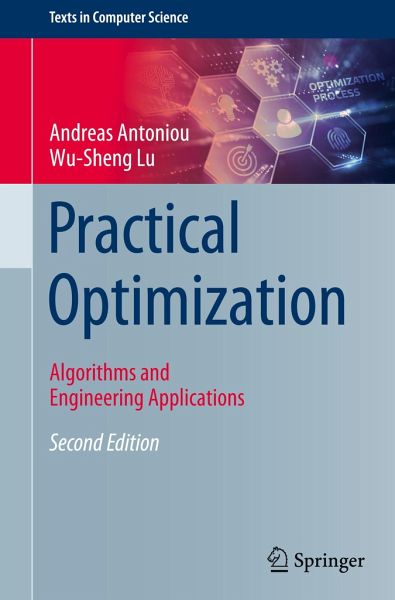
Practical Optimization
Algorithms and Engineering Applications
Versandkostenfrei!
Versandfertig in 6-10 Tagen
69,99 €
inkl. MwSt.
Weitere Ausgaben:

PAYBACK Punkte
35 °P sammeln!
This textbook provides a hands-on treatment of the subject of optimization. A comprehensive set of problems and exercises makes it suitable for use in one or two semesters of an advanced undergraduate course or a first-year graduate course. Each half of the book contains a full semester's worth of complementary yet stand-alone material. The practical orientation of the topics chosen and a wealth of useful examples also make the book suitable as a reference work for practitioners in the field.In this second edition the authors have added sections on recent innovations, techniques, and methodolo...
This textbook provides a hands-on treatment of the subject of optimization. A comprehensive set of problems and exercises makes it suitable for use in one or two semesters of an advanced undergraduate course or a first-year graduate course. Each half of the book contains a full semester's worth of complementary yet stand-alone material. The practical orientation of the topics chosen and a wealth of useful examples also make the book suitable as a reference work for practitioners in the field.
In this second edition the authors have added sections on recent innovations, techniques, and methodologies.
In this second edition the authors have added sections on recent innovations, techniques, and methodologies.



